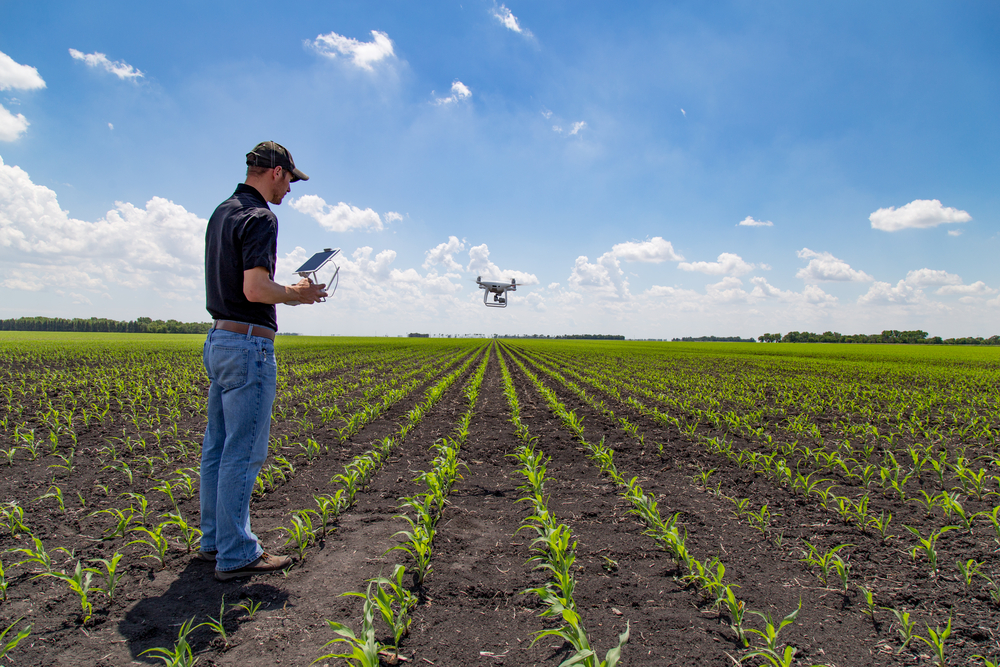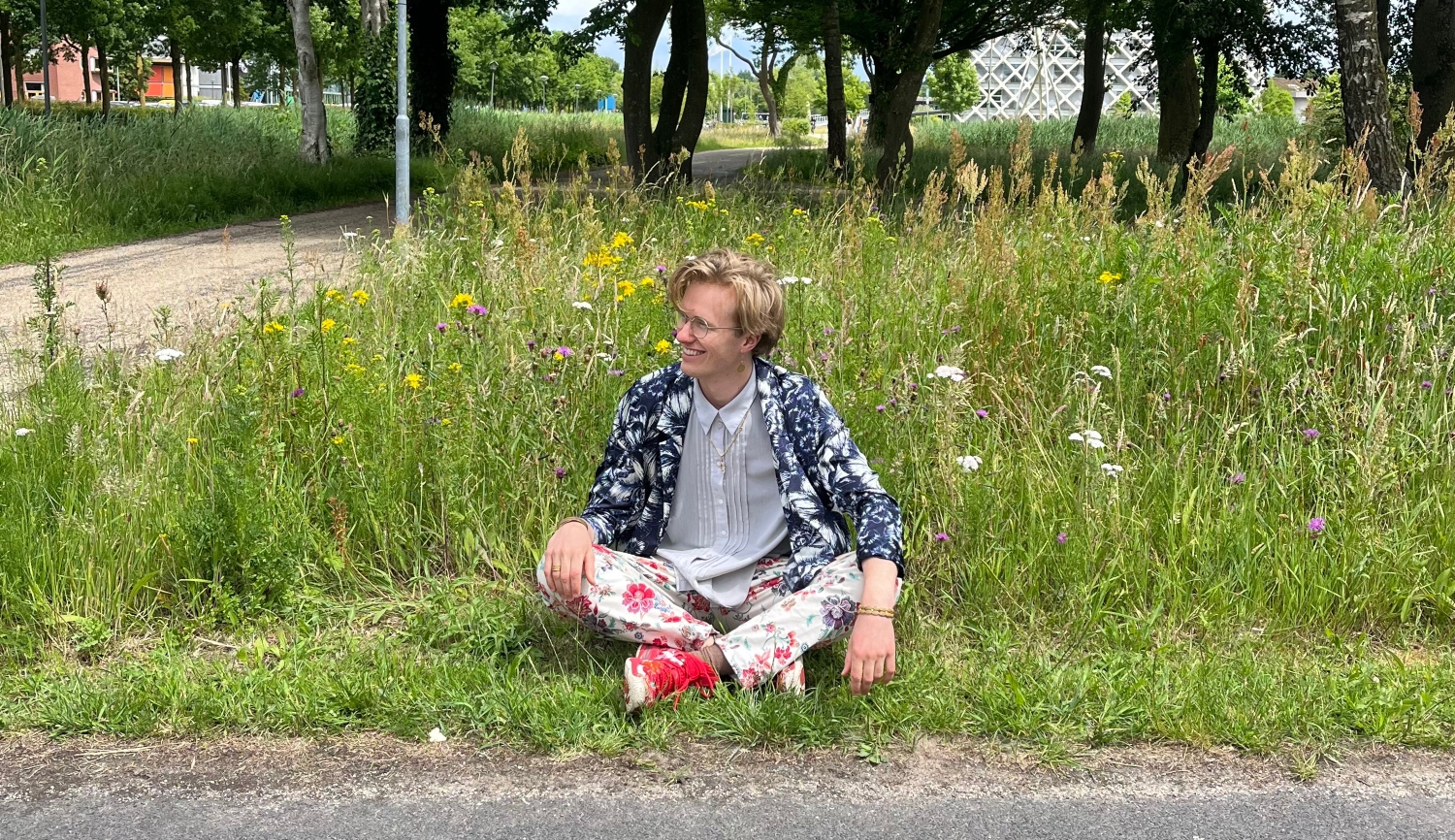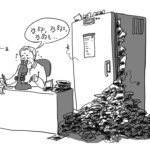Digital innovations may have unforeseen and undesired side-effects, says data-scientist Sjaak Wolfert.
His statement does not refer solely to ethnic profiling using facial recognition software. He refers to the food delivery service thuisbezorgd.nl, which has managed to monopolise food delivery to such a degree that individual restaurants have no other options than to join thuisbezorgd.nl.
How does one prevent this level of dependence? By considering the design of digital innovations at an early stage of development, says Wolfert. In the past years, he served as a project manager for the EU-project Internet of Food and Farm 2020, which studied and facilitated digital innovations.
Tech giants
Agricultural companies such as Agrifirm, CRV and FrieslandCampina initiated a digital platform containing the data of dairy farmers. Farmers can join this JoinData-platform, says Wolfert, but its statutes clearly state that the platform cannot be taken over by tech companies. Thus, farmers are prevented from becoming dependent on tech giants when they want to use sensors and digital software in their barns.
Responsible digital innovations are complex processes, according to Wolfert, because it requires simultaneous consideration of the technological, societal and economic embedding. During the course of the European Internet of Food and Farm project, it transpired that no less than thirty start-ups are involved in developing sensors that track the health of cows. His project facilitated dialogues between start-ups, which resulted in them either sharing knowledge or choosing to differentiate their products.
Hubs
Wolfert aims to set up a network of Smart Agri Hubs in Europe, in which entrepreneurs collaborate on innovation and exchange information in local networks. ‘Suppose Spanish crop farmers want to develop a sensor that monitors the burden of disease in bell peppers. They could first ask: has someone already tried this elsewhere?’
The lecture in Brussels is available through a live stream here from 14.30 hr on Wednesday 22 September and will remain available on the website afterwards.

 Photo Shutterstock
Photo Shutterstock





